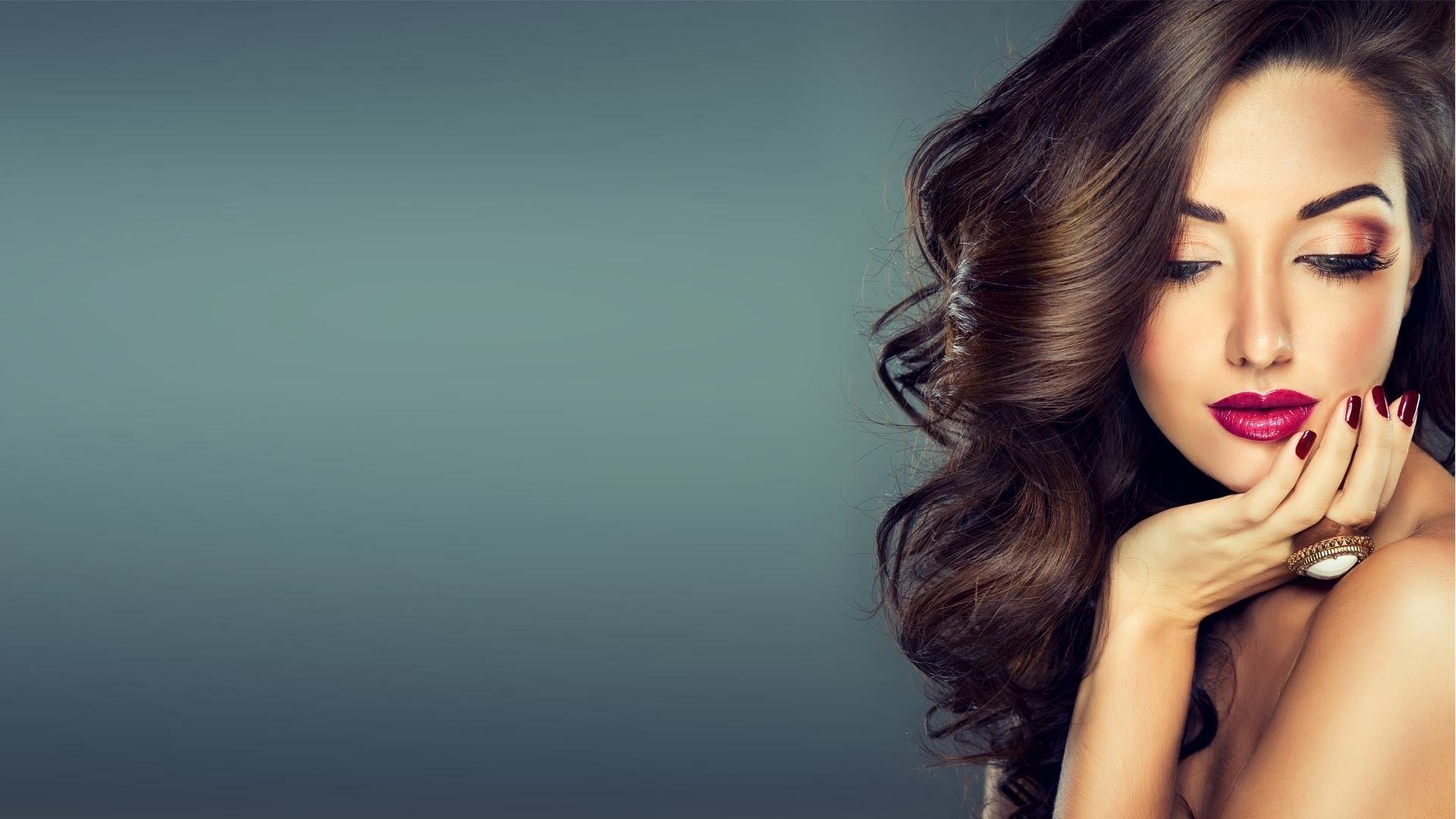In a world where self-expression and creativity reign supreme, the art of hair and makeup has become a prominent avenue for individuals to showcase their unique styles and personalities. Whether you dream of transforming a client's look for a special occasion or simply want to enhance your own beauty routine, mastering this craft can be both fulfilling and empowering. The increasing demand for skilled professionals in the beauty industry highlights the importance of formal education in hair and makeup artistry.
Embarking on a journey through hair and makeup courses is the first step to unlocking your full potential. These courses offer structured learning environments where you can explore various techniques, tools, and trends that shape the landscape of beauty today. From mastering the fundamentals of hairstyling to perfecting the delicate art of makeup application, the knowledge gained through these programs can provide a solid foundation for your creative endeavors. As you delve into the world of hair and makeup, you’ll discover not only the technical skills needed but also the confidence to express your artistic vision.
Choosing the Right Hair and Makeup Course
Selecting a hair and makeup course can be a transformational step in enhancing your skills and pursuing your passion. Begin by assessing your current level of expertise and identifying what specific techniques or styles you wish to learn. Whether you are a complete beginner looking to understand the basics or an experienced artist wanting to refine advanced techniques, there are courses tailored to meet a variety of needs. Researching the course content and ensuring it aligns with your personal interests and career goals is crucial for a rewarding learning experience.
Consider the format of the courses available. Many programs offer in-person classes, while others provide online options that allow for flexible learning. If you thrive in hands-on environments, an in-person course might be ideal for you, as it provides direct interaction with instructors and practical experience. On the other hand, online courses can accommodate your schedule and pace, making them convenient for those with busy lifestyles or other commitments. Evaluate your personal circumstances and preferences to determine the best format for your learning journey.
Finally, look into the instructors' credentials and the reputation of the course providers. Experienced professionals with a strong industry background can offer invaluable insights and techniques that will help you succeed. Additionally, reading reviews and testimonials from former students can help you gauge the effectiveness and quality of the courses you are considering. By making informed choices, you can select a hair and makeup course that truly supports your growth and passion.
Essential Skills and Techniques
Mastering hair and makeup requires a solid foundation of essential skills and techniques that can significantly enhance your artistry. First and foremost, understanding face shapes and features is crucial. This knowledge allows you to tailor your makeup application to accentuate natural beauty and create balance. Techniques like contouring and highlighting become more effective when you can identify the appropriate areas to enhance based on individual face structures.
In addition to facial techniques, hair styling plays an equally important role in overall appearance. Familiarizing yourself with different hair types and textures is key to applying the correct products and tools. Whether it’s learning to manage curly hair or perfecting sleek straight styles, the ability to adapt your techniques to suit various hair conditions will elevate your skill set. Workshops often cover the intricacies of braiding, updos, and everyday styling, providing hands-on experience to hone these essential techniques.
Lastly, keeping up with current trends and timeless, classic looks is crucial in the ever-evolving world of hair and makeup. This involves not only practicing practical skills but also developing an eye for color theory, product application, and the latest techniques. Engaging in continuous education through courses and tutorials will help you stay ahead of trends while ensuring a solid grasp of fundamental styles that will serve you throughout your career.
Building Your Portfolio and Brand
Creating a strong portfolio is essential for anyone pursuing a career in hair and makeup. Start by documenting your work through high-quality photographs that showcase a variety of styles and techniques. Include different looks such as bridal, editorial, and special effects to display your versatility. Make sure to choose images that highlight your skills and creativity, as this will help attract potential clients and employers who are searching for someone who can meet their specific needs.
Once you have a collection of your best work, focus on building your brand. This involves defining your unique style and personality as a hair and makeup artist. Consider what sets you apart from others in the industry and how you want to be perceived by your target audience. Create an appealing logo and a cohesive aesthetic for your online presence, including social media profiles and a website. These elements should reflect your artistic vision and attract clients who resonate with your brand.
Networking is also a crucial element in establishing your portfolio and brand. Attend industry events, collaborate with photographers, models, and stylists, and engage with fellow artists both online and offline. Building relationships within the beauty community can lead to referrals and collaborations that enhance your visibility. Continuously update your portfolio as you gain experience, and don't hesitate to promote your work through social media to reach a wider audience.

